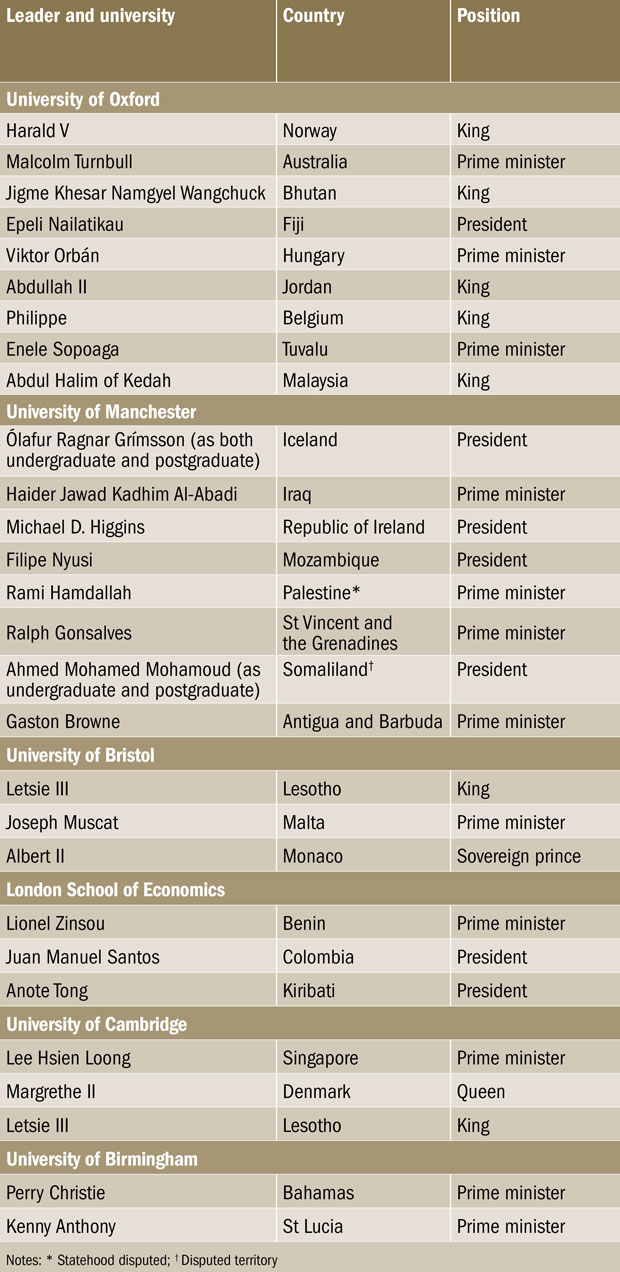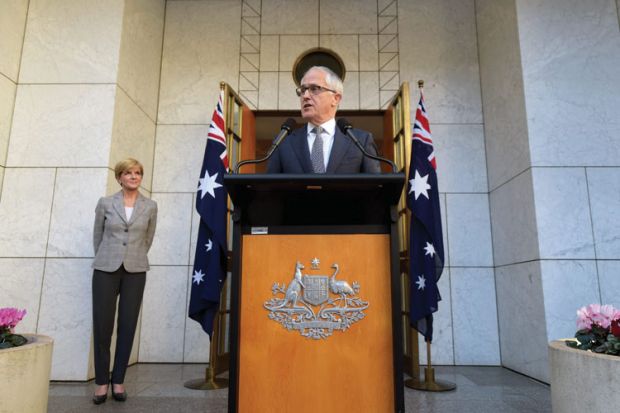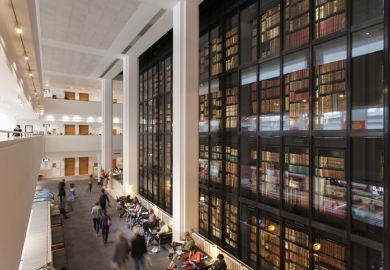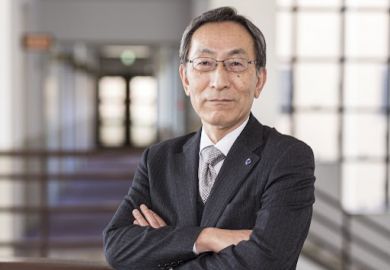Asked to identify something associated with Manchester, most people would probably mention its football clubs, Coronation Street or one of its numerous indie bands.
But the city should perhaps be recognised for a lesser-known export in recent times: world leaders, suggests a study that highlights where international statesmen and women were educated in the UK.
Eight current prime ministers and presidents attended the University of Manchester, according to research by the Higher Education Policy Institute published on 1 October.
Only the University of Oxford produced more overseas leaders, boasting a total of nine, including five monarchs.
Among those to study at Manchester are Michael D. Higgins, president of the Republic of Ireland, Iceland’s president Ólafur Ragnar Grímsson and Iraq’s prime minister Haider Al-Abadi, as well as elected leaders from Palestine, Mozambique, Somaliland and two Caribbean countries.
Those counting Oxford as their alma mater are arguably better known. They include Australia’s new prime minister, Malcolm Turnbull, who ousted fellow Oxford alumnus Tony Abbott last month, Hungary’s premier Viktor Orbán, and the kings of Belgium, Bhutan, Jordan, Norway and Malaysia.
Other leaders educated at UK universities include Iran’s president Hassan Rouhani, who studied prehistoric archaeology at Glasgow Caledonian University, Colombia’s president Juan Manuel Santos, who studied at the London School of Economics, and Tuvalu’s prime minister Enele Sopoaga, who studied at both Oxford and the University of Sussex.
Overall, 55 world leaders from 51 countries have studied in the UK, including three at the University of Cambridge and three at the University of Bristol, Hepi says.
“We punch above our weight internationally partly because of the soft power benefits that arise from educating the world’s leaders,” said Nick Hillman, director of Hepi.
“It is staggering that 55 world leaders should have studied in a country of the UK’s size, yet we benefit enormously from the fact that they did,” he added.
Efforts by the Home Office to restrict the number of foreign students coming to the UK ignored the soft power advantages of educating future world leaders and damaged “our links to parts of the world with which the UK's history has long been intertwined”, Mr Hillman said.
“There is a patriotic as well as an internationalist case for teaching people from around the world, and we forget it at our peril,” he added.
The Hepi study follows a similar report by the British Council last year, which found that one in 10 world leaders had studied in the UK.
When measured as a proportion of total students in each country, the UK is 10 times more likely to educate a world leader than the US, producing one leader per 50,000 graduates, the report says.
UK universities that have educated more than one leader

后记
Print headline: UK universities are political heavyweights on global stage




